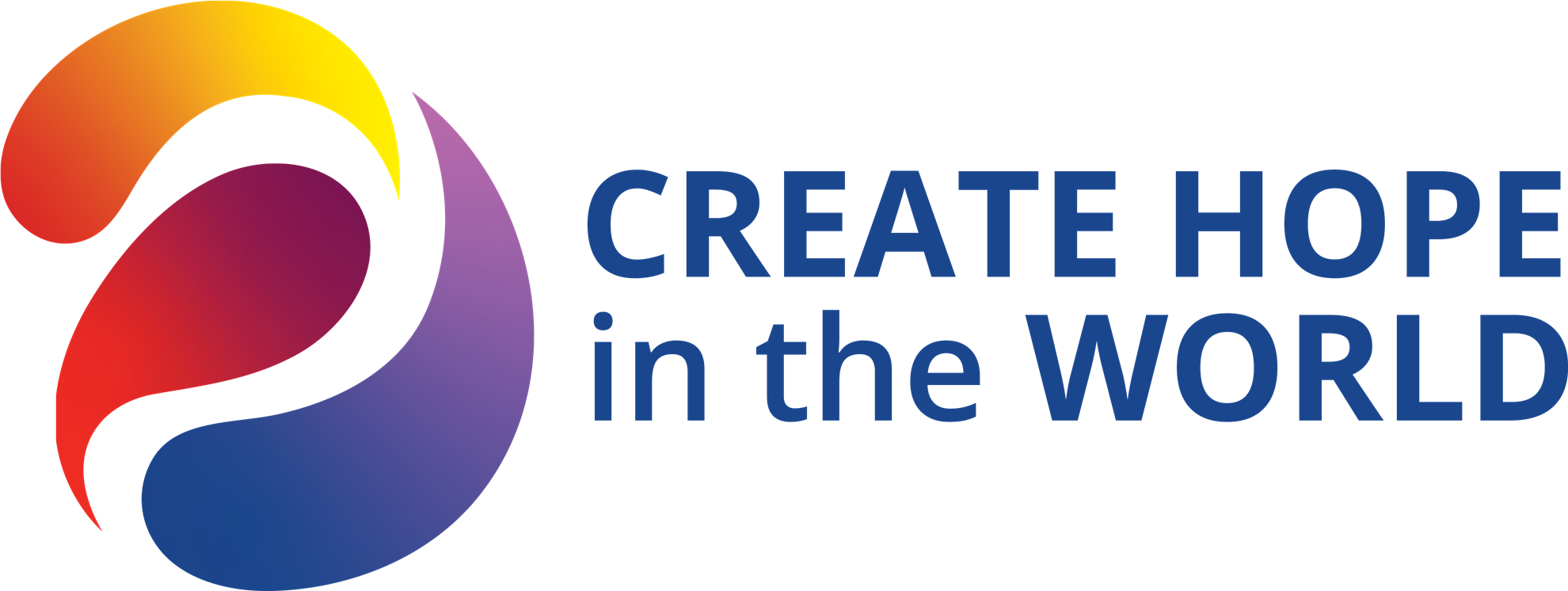Ms. Tess Chakkalakal, Ph.D is an Associate Professor of Africana Studies and English at Bowdoin College. At the Rotary meeting on Friday, she presented about several of the most influential African American authors in American history discussing many of their theories and influences. Ms. Chakkalakal introduced authors such as Booker T. Washington (1856-1915), William E.B. DuBois (1868-1963), and a lesser known author Charles W. Chestnutt (1858 – 1932). According to Ms. Chakkalakal, these three writers were some of the most influential people helping to try and solve the race problem in America over the years, and she touched on how each of them had a somewhat different approach or solution.
Later in Ms. Chakkalakal’s presentation, she focused on Mr. Chestnutt’s history and writings, and how he may have been ahead of his time. She noted how Chesnutt put forth yet a different way to think about race and equality that may be more relevant today than ever. According to Ms. Chakkalakal, Charles Chestnut advocated a revolutionary and unpopular idea at the time: amalgamation and intermarriage were the answers to race problems in America and elsewhere. Once a society became similar in color and family history over the years, there may be no base for racial disagreement and conflict. In his transcript to a highly diverse “Future America,” Chesnutt wrote about a world in which race is not a problem, and if no one can see a difference, differences are no longer important or relevant.
Ms. Chakkalakal noted that Chestnutt’s novels and stories were often written in a style of literary irony in that they are primarily marriage plots where bi-racial partners fall in love, are prohibited to be together by family and/or social customs, and their lives end in tragedy.
According to Ms. Chakkalakal, she believes Chestnutt may not have been embraced by the movement that celebrated race differences and achievements in the African American movements of the early 1900s when William DuBois was embraced, and for this reason, Chestnutt is not widely studied today. According to Ms. Chakkalakal, Chestnutt would have thought that celebrating the differences in races could actually worsen a racial situation. Basically, checking boxes about one’s race could make a problem worse, because if everyone lays claim to race, then differences appear to matter more (and not less) in a society.
(Photo L-R: Tess Chakkalakal, 1st VP Amy Chipman, and Bob Martin.)

.JPG)